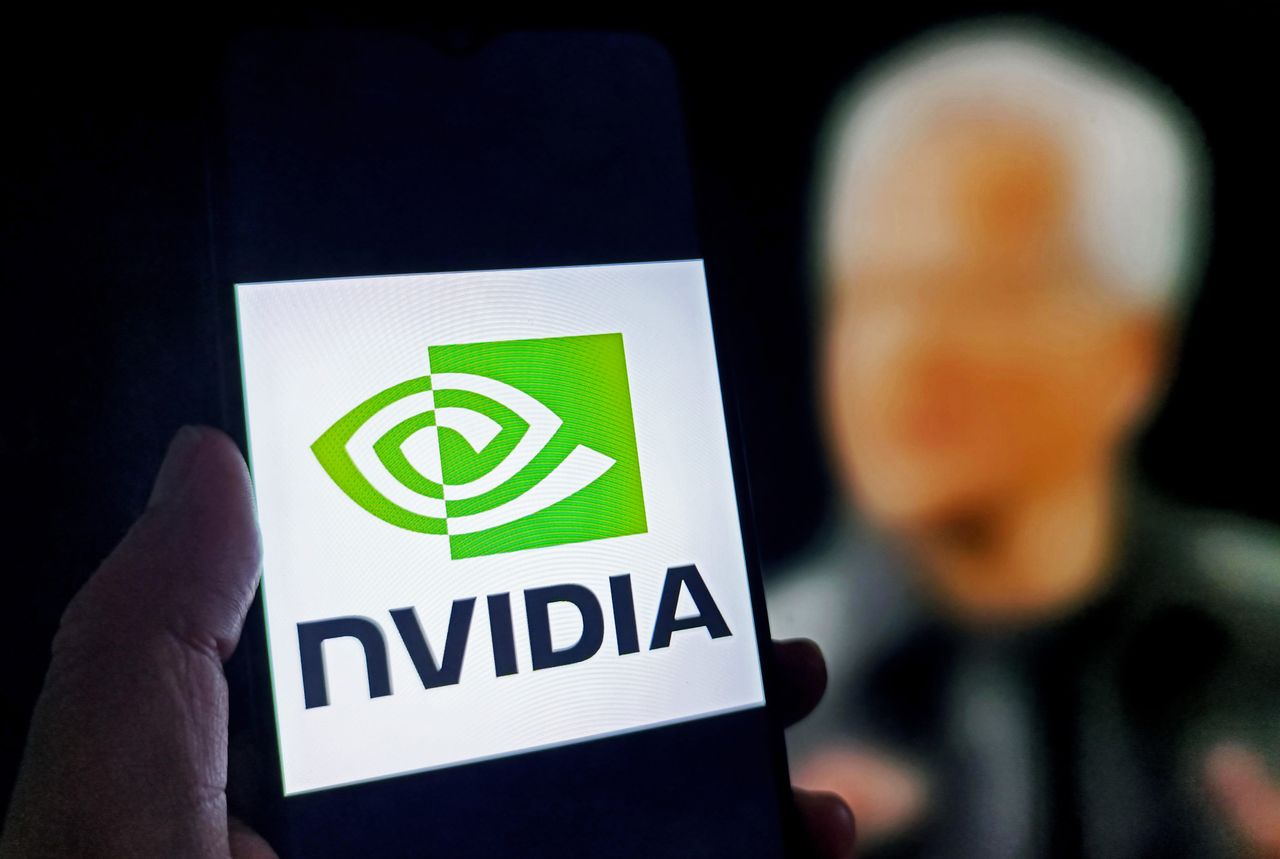
NVIDIA, a leading American company that makes the specialized computer chips used to run most artificial intelligence systems, is facing new challenges from Chinese regulators.
Chinese regulators investigating a potential monopoly claim that NVIDIA violated antitrust laws when it bought Mellanox, an Israeli chip design company (according to Business Insider).
In March 2019, NVIDIA announced a $6.9 billion agreement to acquire Mellanox. Soon after, China gave the deal a conditional green light.
China’s antitrust investigation began in December 2024, launched by the State Administration for Market Regulation (SAMR). According to SAMR officials, the investigation is still in progress.
The State Administration for Market Regulation has decided to investigate the matter further, following legal procedures.
China’s State Administration for Market Regulation (SAMR) announced its antitrust findings just as trade officials from China and the US began talks in Madrid. This comes amid growing trade disagreements throughout 2024 and 2025, particularly concerning artificial intelligence GPUs and their applications, with both countries publicly asserting strong positions.
A brief history of US, China, and NVIDIA trade tensions

Recent trade disagreements between the US and China have put NVIDIA in a key position. Their H20 AI chip, designed specifically for China as a less powerful option than chips sold in the US, is in high demand from Chinese artificial intelligence companies.
In April 2025, the Trump administration completely prohibited the sale of NVIDIA chips to China. This decision stemmed from worries that China was utilizing these H20 chips to strengthen its military and to create its own AI technology that could compete with American companies.
I remember when the restrictions were lifted back in July. It happened after NVIDIA’s CEO, Jensen Huang, met with President Trump at the White House and came to an agreement. Huang apparently convinced the President that it’s more advantageous for all AI development to run on American technology.
Huang quickly revealed that NVIDIA had placed another order with TSMC for 300,000 H20 AI chips to satisfy demand in China. This was in addition to the 600,000 to 700,000 H20 chips NVIDIA already had in stock, ready to be sold.
I’ve been following the situation with NVIDIA and AMD’s deals with the US government, and it’s pretty interesting. To get permission to sell chips to China, both companies ended up agreeing to a 15% tax on those exports. The agreement isn’t fully official yet, but it’s been given an informal go-ahead. Initially, Chinese AI companies were rushing to order the newly available H20 AI GPUs. However, I’m now seeing reports that government officials in China are urging these companies to avoid using US hardware. Apparently, they’re worried about potential tracking devices, spyware, or hidden vulnerabilities built into the chips.
NVIDIA has denied claims that its AI GPUs contain any hidden trackers or malicious software.
Read More
- Best Controller Settings for ARC Raiders
- DCU Nightwing Contender Addresses Casting Rumors & Reveals His Other Dream DC Role [Exclusive]
- Ashes of Creation Rogue Guide for Beginners
- 7 Home Alone Moments That Still Make No Sense (And #2 Is a Plot Hole)
- Stephen Colbert Jokes This Could Be Next Job After Late Show Canceled
- 10 X-Men Batman Could Beat (Ranked By How Hard It’d Be)
- Is XRP ETF the New Stock Market Rockstar? Find Out Why Everyone’s Obsessed!
- 28 Years Ago Today, The Simpsons Sparked Controversy With a 10/10 Episode Banned in Some Regions
- Travis Kelce Reveals He & Fiancée Taylor Swift Never Argue
- Which Stranger Things Character Are You, Based On Your Zodiac Sign?
2025-09-15 17:39